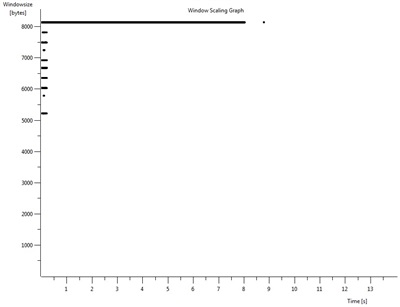Based on the demo image-processing project (IPC version), the test result on Ethernet speed is ~55Mbs/s for transmitting data from DSP to PC, ~220Mb/s for receiving data from PC.
Does anyone have experience to improve the Ethernet speed on 6678 evm board ?
Thanks a lot


